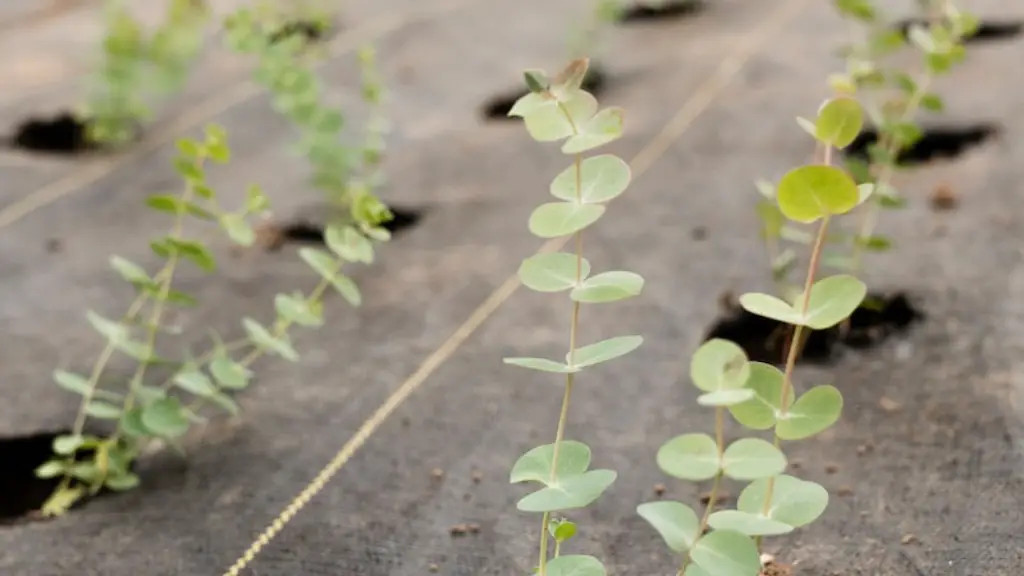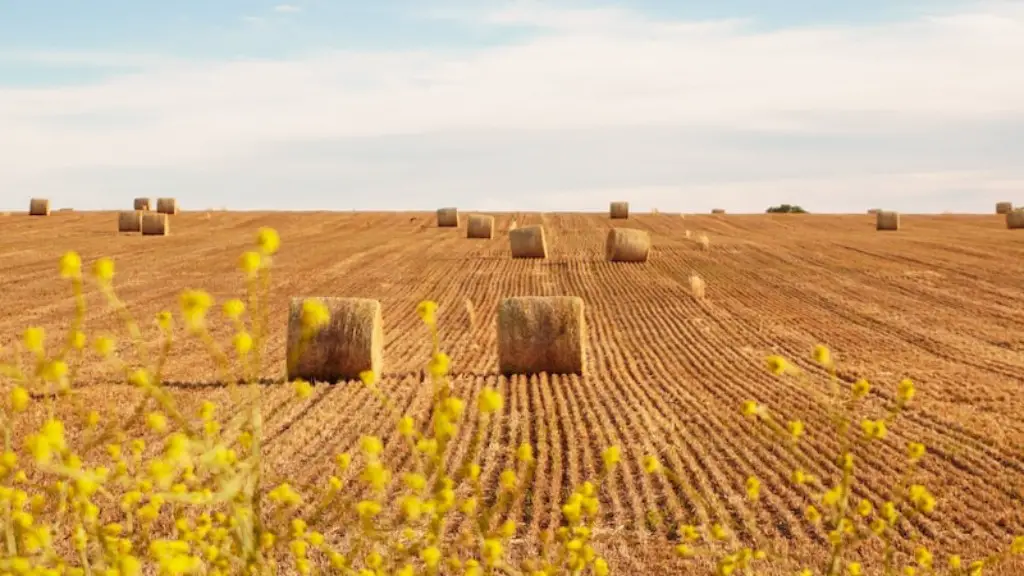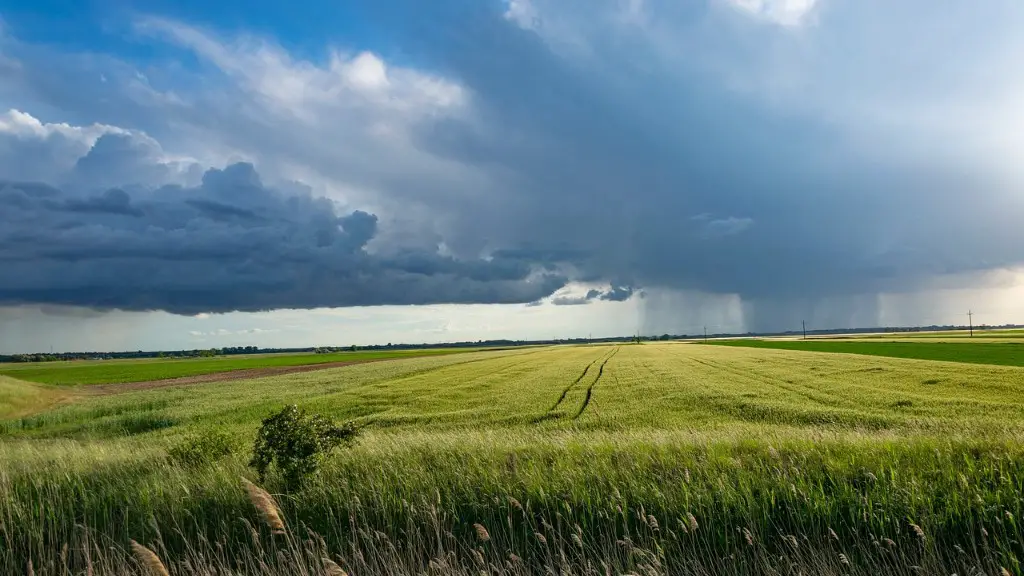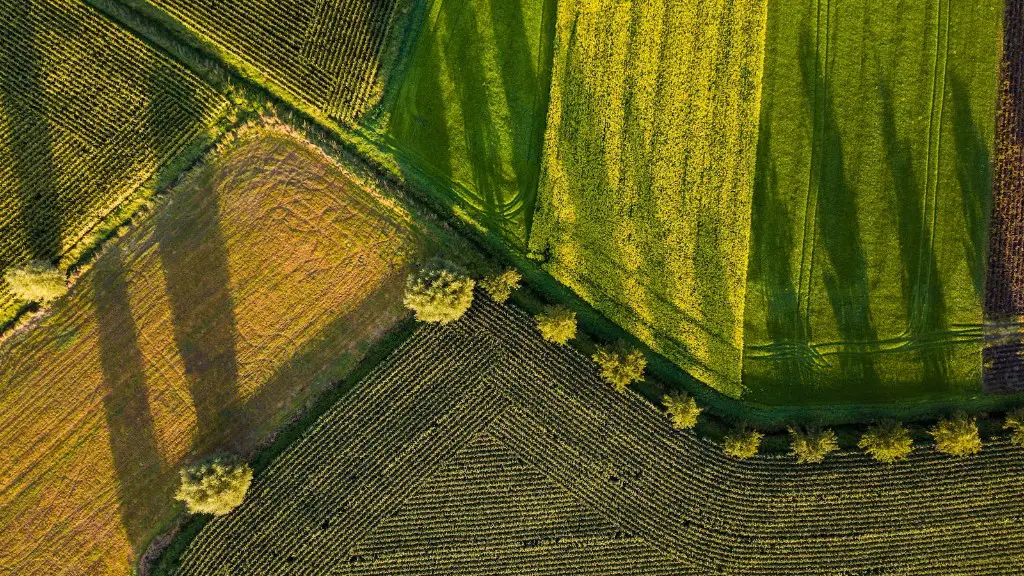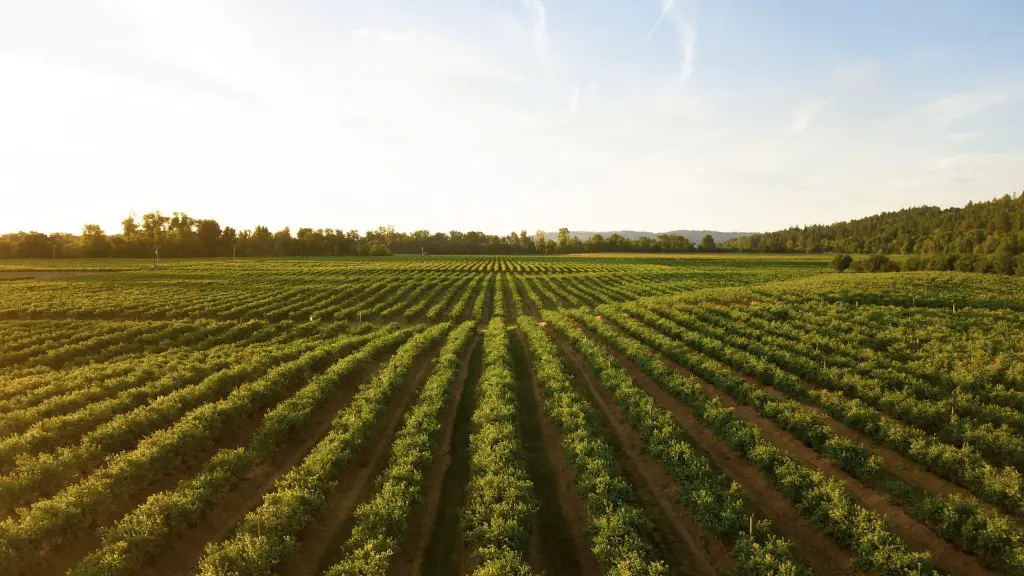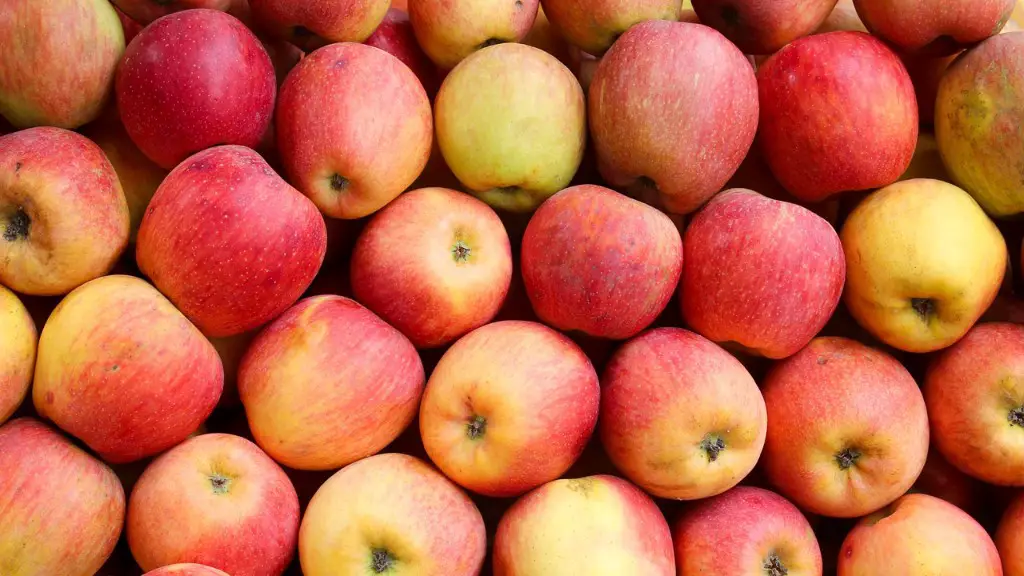Animal agriculture is one of the leading causes of climate change, destruction of the environment, and animal cruelty. Animal agriculture is responsible for 14.5% of all human-caused greenhouse gas emissions, which is more than the entire transportation sector. The livestock sector is also a major contributor to deforestation, land degradation, and water pollution. Animal agriculture is cruel and inhumane, with animals being routinely castrated, mutilated, and confined to cramped, filthy conditions. Moreover, the animal agriculture industry is one of the main drivers of the devastating global wildlife trade.
Animal agriculture is harmful to the environment in a number of ways. First, it is a leading cause of deforestation and habitat loss. Second, it is a major source of greenhouse gas emissions, contributing to climate change. Third, it uses large amounts of water and other resources, which can lead to water scarcity and other problems. Finally, it often involves cruel and inhumane treatment of animals.
Is agriculture bad for animals?
Animal agriculture is a major driver of biodiversity loss, according to a new report from the United Nations Environment Programme (UNEP).
The report, titled “The Global Food System and Biodiversity Loss,” found that agriculture is a threat to 86 percent of species facing the threat of extinction.
Animal agriculture specifically was found to be a major driver of habitat loss, with the conversion of natural habitats to pasture and cropland being a major cause of biodiversity loss. The report also found that animal agriculture is a major source of pollution, with manure and fertilizer runoff contributing to water pollution and greenhouse gas emissions.
The report recommends a number of measures to address the problem, including reducing food waste, promoting more sustainable agricultural practices, and increasing protected areas.
Meat consumption is responsible for releasing greenhouse gases such as methane, CO2, and nitrous oxide into the atmosphere. These gases contribute to climate change, such as global warming. Livestock farming contributes to these greenhouse gases in several ways: The destruction of forest ecosystems releases large amounts of carbon dioxide into the atmosphere; livestock farming also emits methane gas, which is a much more potent greenhouse gas than carbon dioxide. In addition, the use of synthetic nitrogen fertilizers in livestock farming contributes to the release of nitrous oxide, another greenhouse gas. Reducing meat consumption is one way to help mitigate climate change.
Why is agriculture bad for the environment
Agriculture is the leading source of pollution in many countries. Pesticides, fertilizers and other toxic farm chemicals can poison fresh water, marine ecosystems, air and soil. They also can remain in the environment for generations.
The central conflict of Animal Farm arises when the animals’ desire for freedom and equality is corrupted by the consolidation of political power amongst the pigs. The animals are forced to follow the pigs’ rules and live in a state of constant fear, which ultimately leads to their oppression.
How destructive is animal agriculture?
Livestock farming has a vast environmental footprint. It contributes to land and water degradation, biodiversity loss, acid rain, coral reef degeneration and deforestation. Nowhere is this impact more apparent than climate change – livestock farming contributes 18% of human produced greenhouse gas emissions worldwide.
Livestock farming is one of the leading causes of climate change. It is responsible for 18% of human-produced greenhouse gas emissions. These emissions are made up of methane, nitrous oxide, and carbon dioxide. Methane is produced by livestock when they digest their food. Nitrous oxide is produced from the decomposition of animal waste. And carbon dioxide is emitted from the burning of fossil fuels used to run the farms.
The vast environmental footprint of livestock farming is having a devastating impact on our planet. It is a major contributor to land and water degradation, biodiversity loss, acid rain, coral reef degeneration, and deforestation. The impact is most apparent in the form of climate change.
Livestock production is one of the main sources of water pollution and ammonia emissions. These emissions can have a drastic effect on biodiversity, particularly in aquatic ecosystems. In addition, overfishing to provide fishmeal for animal feed also reduces biodiversity in marine ecosystems.
Could we feed the world without meat?
It is physically impossible for everyone to eat meat at the rate of the average American consumer. The world would need to use 138 percent of the habitable area of the planet for agriculture alone. Food production is only a tenth of the world’s GDP.
The industrial meat industry is contributing to the extinction of thousands of species by clearing forests, destroying habitats and using toxic pesticides to grow animal food. This is having a devastating impact on wildlife, and is having a ripple effect on the entire eco-system. We need to put a stop to this destructive industry before it’s too late.
Why is agriculture the biggest mistake
Farming led to the development of deep class divisions among humanity. Farming allowed for the storage of food, which led to the development of class divisions. Hunter-gatherers have little or no stored food, and no concentrated food sources, like an orchard or a herd of cows: they live off the wild plants and animals they obtain each day. This way of life is not conducive to the development of deep class divisions.
Agricultural land is being lost at an alarming rate due to development and other factors. This is a major problem because it means that there is less and less land available for agriculture. This problem is compounded by the fact that the diversity of crops and livestock is also decreasing. This is a major problem because it leads to a decrease in the food supply and a decrease in the genetic diversity of the food supply.
What are the 10 problems of agriculture?
There are many reasons why you should relocate to Canada today! Here are just a few:
1. Lack of modernization and mechanization: If you are tired of living in a country that is behind the times, then Canada is the place for you. We are a highly developed country with all the latest technology and amenities.
2. Illiteracy: Canada has one of the lowest rates of illiteracy in the world. You will be able to find good jobs and lead a successful life here.
3. Ignorance: Canada is a very welcoming and tolerant country. You will find people of all backgrounds and beliefs living here in harmony.
4. Lack of funds: Canada is a wealthy country with a strong economy. You will be able to find good jobs and support yourself and your family here.
5. Poor infrastructure/lack of social amenities: Canada has excellent infrastructure and social amenities. You will be able to find all the services and amenities you need here.
6. Absence of modern storage/processing facilities: Canada has modern storage and processing facilities. You will be able to find the products you need here.
7. Loss of land to natural disaster: Canada is a stable country with
Animals on factory farms are treated as mere commodities, crammed together with little space, natural light or stimuli. To save space, factory-farmed animals are crammed together in barren pens, crates or cages, preventing normal behaviours such as nesting or foraging. This type of farming is inhumane and should be banned.
What are 5 problems of farm animals
The mismanagement of farm animals can have a number of negative consequences, including poor health and welfare for the animals, and the potential for the spread of disease. Inadequate feeding, housing and overcrowding can all lead to poor health and welfare, while unsanitary conditions can lead to the spread of disease. The abuse of antibiotics, vaccines and methods of forced growth can also have a negative impact on the health of farm animals.
Orwell struggled to find a publisher for ‘Animal Farm’ because it was too controversial to publish at the time. Publishers were afraid that the book would create tensions between Great Britain and the Soviet Union. Orwell eventually found a publisher and the book was a success.
Are farms cruel to animals?
Factory farming is the main cause of animal suffering and abuse. Factory farming is a system of animal husbandry in which animals are raised in confined conditions, typically for food production. Animals in factory farms typically experience extreme confinement, overcrowding, and lack of exercise. They also typically experience routine mutilation, such as debeaking and castration. In addition, factory-farmed animals are often given hormones and antibiotics to promote growth and prevent disease. These conditions can lead to physical and mental distress in animals.
Factory farming is the main cause of animal suffering and abuse because it creates such crowded and stressful conditions for animals. Animals in factory farms typically have little room to move and are often kept in filthy conditions. They also typically experience routine mutilation, such as debeaking and castration, which can be painful and stressful. In addition, factory-farmed animals are often given hormones and antibiotics to promote growth and prevent disease. These conditions can lead to physical and mental distress in animals.
However, there are also some advantages to industrially produced animal products, such as increased efficiency and productivity, as well as lower costs for consumers.
The disadvantages of industrially produced animal products outweigh the advantages. The mass environmental damage, high levels of pollution, and compromised animal welfare are simply too great. Additionally, the increased public health risks are a serious concern.
What are 3 major issues in the production livestock industry
One of the major challenges identified in livestock farming systems is the lack of pasture and quality feed. This is a result of the scarcity of water resources, climate change, and undeveloped breeding and management of livestock. As a result, farmers are forced to sell their livestock at lower prices, which affects their livelihoods. In addition, poor marketing and trade practices make it difficult for farmers to get the right price for their products. Lastly, socioeconomic constraints such as poverty and lack of infrastructure make it difficult for farmers to access markets and make a profit.
Livestock are a significant source of both ammonia and methane emissions. Ammonia emissions from livestock contribute significantly to acid rain and the acidification of ecosystems. Methane emissions from livestock contribute 35-40% of methane emissions worldwide.
Final Words
There are a number of reasons why animal agriculture is bad. One reason is that it is one of the leading causes of climate change. Animal agriculture contributes to greenhouse gas emissions, water pollution, and land degradation. Additionally, animal agriculture is a major contributor to deforestation and habitat loss. Another reason why animal agriculture is bad is that it is inhumane. Animals raised for food are typically confined to cramped and dirty conditions and are subjected to painful procedures. Finally, animal agriculture is bad for our health. Consuming animal products has been linked to a number of health problems, including heart disease, cancer, and obesity.
Animal agriculture is cruel, dirty, and unsustainable. Animals raised for food are kept in horrific conditions and are treated like commodities rather than living, breathing beings. The environmental impact of animal agriculture is devastating, and it is a leading cause of climate change. Animal agriculture is also a major contributor to water pollution and deforestation.
